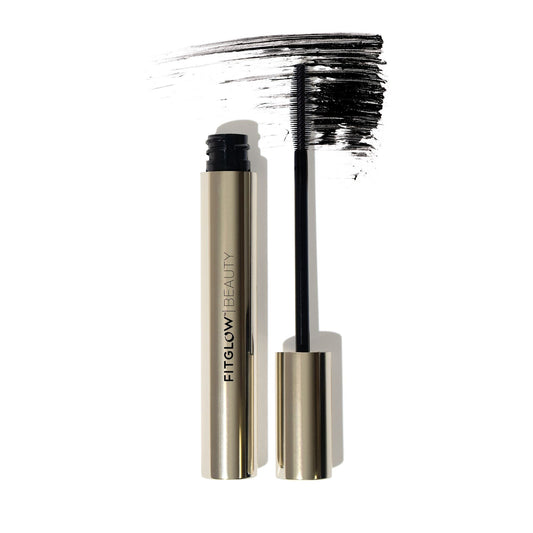What does progesterone do for a woman's body?
The final hormone that we will discuss is one that plays an important role in the sperm production, menstrual cycle, pregnancy, and lactation – progesterone. Hormones are frequently mentioned in terms of the finer aspects of our health care. What are hormones? They are basically chemical substances that signal messages to different parts of the body. Hormones are produced by various glands and are a key part of a properly functioning body.
Progesterone, as mentioned, is extremely important in the entire reproductive system of both men and women. In women, it is produced in the ovaries and is a crucial part of the menstrual cycle. It comes into play after ovulation by thickening the lining of the uterus in preparation for a fertilized egg. If there is no fertilized egg, the progesterone levels drop as menstruation begins.
Progesterone and pregnancy
If, however, there is a fertilized egg that has been implanted, the progesterone ensures the maintenance of the uterine lining throughout the period of the pregnancy. During pregnancy, your placenta also contributes to the production of progesterone and this ensures that your body does not produce more eggs as well as prepares your breasts to start producing milk. Obviously this is a vital hormone for women. In men, it is produced by the adrenal glands and is associated with sperm development.
As illustrated, progesterone has such important functions that it can severely impact both female and male health if there is a problem in its production levels whether too low or too high. When progesterone levels are too low, they can manifest with symptoms like absent or missed menstruation, infertility, low libido, depression/anxiety, mood swings, and migraines. If you are pregnant, you may experience symptoms like abdominal pain, spotting, vaginal dryness, fatigue, breast tenderness, preeclampsia, miscarriage, ectopic pregnancy, and poor ovarian function. These are serious impacts of progesterone deficiency. You should consult a physician if you suspect you may be suffering from low progesterone. You can also try natural remedies like eating foods high in zinc, supplementing with vitamins B and C, and managing stress more effectively to reduce cortisol production in the body.
High levels of progesterone are harder to detect because they don’t cause negative impact on your health. However, they are linked with an increased risk of developing breast cancer. It can also be a sign of underlying health conditions like Congenital Adrenal Hyperplasia (CAH), adrenal or ovarian cancer, and ovarian cysts.




















